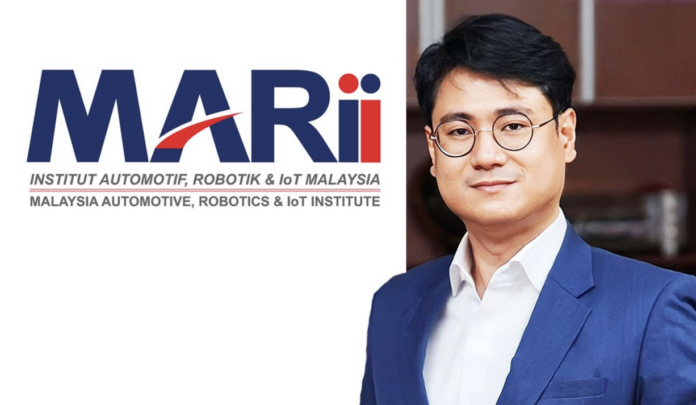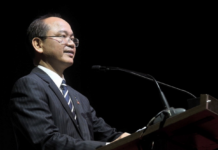KUALA LUMPUR, July 28 – A robust domestic semiconductor industry, nurtured by the National Semiconductor Strategy (NSS), can reduce reliance on imports and strengthen the automotive supply chain, said the Malaysia Automotive, Robotics and IoT Institute (MARii).
Its chief executive officer, Azrul Reza Aziz said electric vehicles (EVs) rely on semiconductor components for critical functions, such as battery management and onboard computing, among others.
“Hence, supply chain development is crucial for supporting the production and assembly of EVs,” he told Bernama.
For instance, a hybrid car typically requires around 1,500 microchips, while EVs may require at least 3,000 chips per car, sourced from the electrical and electronics (E&E) sector.
“Phase 1-3 of the NSS, which emphasises advanced chip manufacturers to become cutting edge companies, will enable our local automotive suppliers to be more innovative in product developments.
“This ensures that their products have aspired to support the local EV manufacturers and industry in Malaysia, which will boost the overall automotive industry,” Azrul Reza said.
On May 28, 2024, the NSS, announced by Prime Minister Datuk Seri Anwar Ibrahim, consists of three main phases.
Phase 1 will focus on domestic direct investment focusing on integrated circuit design, advanced packaging and manufacturing equipment, while foreign direct investment will emphasise wafer fabs and manufacturing equipment.
Meanwhile, in Phase 2, Malaysia is to establish at least 10 local companies in the design and advanced packaging sector with revenues of between RM1 billion and RM4.7 billion.
Phase 3 will focus on supporting the development of world-class Malaysian semiconductor design, advanced packaging and manufacturing equipment firms while attracting buyers of advanced chips.
NSS enhances EV ecosystem
Azrul Reza said the NSS will enhance the ecosystem and uplift the capabilities of the local automotive suppliers and every policy has identified the required support to ensure high value-added activities are conducted by the local industry and produce world-class goods for the global market.
“NSS, in particular, has outlined the targets that our local automotive supply chain may embark on or expand in the E&E sector, such as establishing 100 semiconductor-related companies, developing Malaysia as a global research and development hub for semiconductors, and training and upskilling 60,000 highly skilled Malaysian engineers.
“Therefore, the NSS will offer vast opportunities for local automotive vendors to participate and arise as suppliers to the emerging new vehicles coming ahead,” he said.
As the world’s sixth-largest exporter of semiconductors, Azrul Reza said Malaysia has begun attracting higher-value investments in front-end activities including integrated circuit design, wafer fabrication, and advanced packaging, together with semiconductor machinery and equipment manufacturing.
Malaysia has drawn attention from industry giants like Intel, GlobalFoundries, Infineon and Neways. This will eventually elevate the country’s position in the global value chain, he said.
“Concerning the automotive industry, we do see bright prospects. The growth in this industry will be supported by regional trends that promote economic growth and ecosystem development, consumer demand, as well as the introduction of exciting, new models by original equipment manufacturers.
“The magnitude of importance for semiconductors towards the growth of EVs remains crucial as Malaysia has set a target to achieve 20 per cent of xEVs which includes hybrid, plug-in hybrid EV (PHEV), battery electric vehicle (BEV) and fuel cell electric vehicle (FCEV) of total industry volume (TIV) by 2030, with the current achievement of 4.95 per cent of TIV in March 2024,” Azrul Reza said.
















